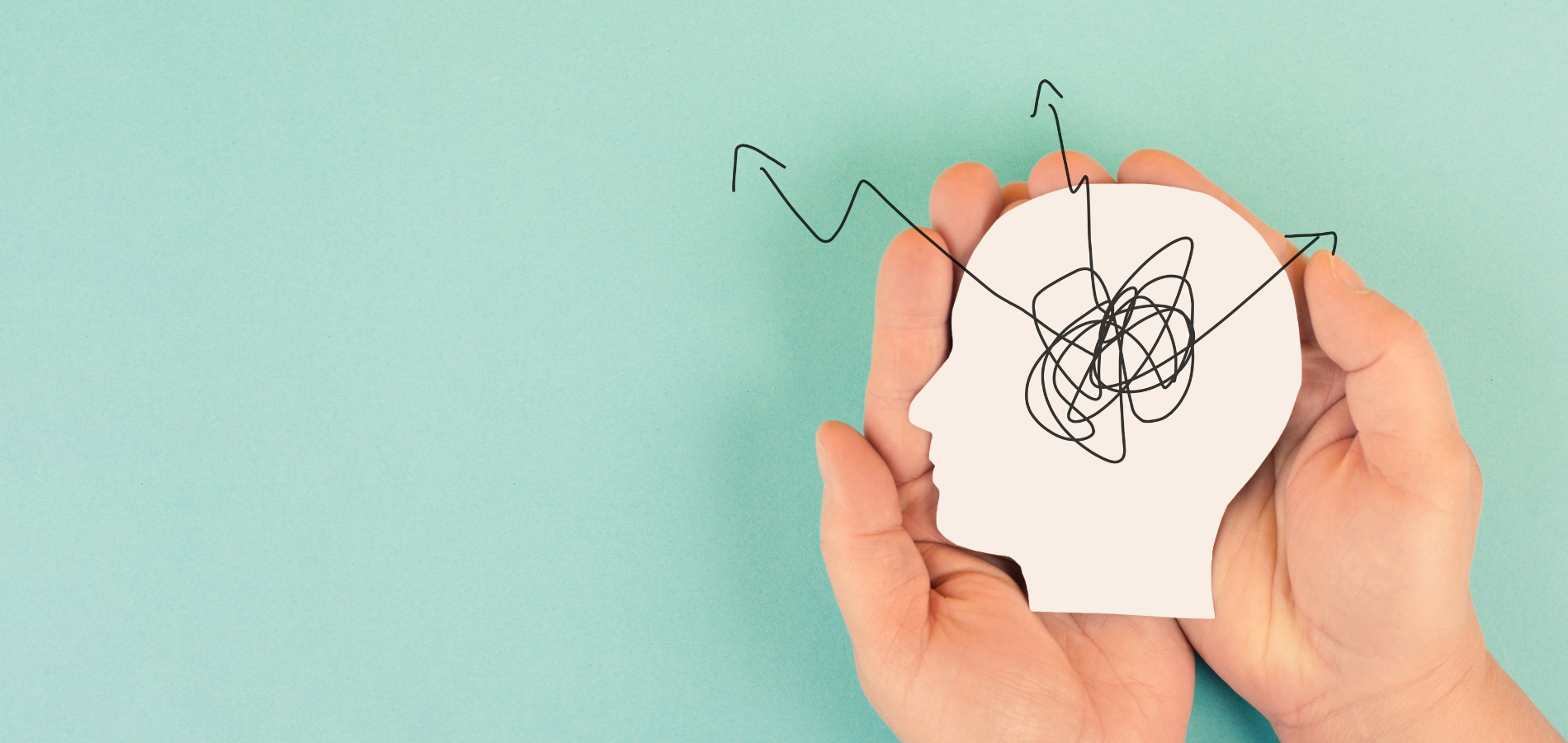
In the field of integrative psychiatry, it is easy to put a lot of emphasis on fancy treatments and expensive gadgets. We often stress the importance of lifestyle changes that involve a hefty amount of psychological effort, physical stress, or financial means. Nourishing our wellbeing does not need to be so complicated, and to remind us of this, here are six simple ideas to try right now.
- Invest in close relationships: Affiliative behaviors evolved as part of sociability mechanisms for group cooperation and species survival. If it feels good for you to do, affiliative behaviors such as touching or hugging someone you trust can immediately stimulate feel-good social emotions. Something as simple as eye contact or orienting body language to appear and feel open toward others. Likewise, it can be just as powerful to connect with an animal, hug a pillow, or provide cues of affiliative behavior, through soothing, caring touch, to you yourself.
- Connect with nature: Spending time in green spaces is hugely beneficial to promote relaxation and improve mood. Engaging with nature is accessible in a number of ways–sit on a park bench, go for a walk, listen for birds. If going outside is a challenge right now, observe an indoor plant, or simply become aware of the feeling of sunshine on your skin.
- Mindfully move your body: We spend a lot of time in routine, often staying constantly busy. It may be supportive to welcome a few minutes of rest, but in a new physical orientation. For example, if you have been sitting, perhaps you move to stand or lie down instead. If your mind has been active, it may be interesting to just let your thoughts wander, no need to focus or “try” meditating, just let it go, paying special attention to sensations or feelings that emerge and dissipate. If instead movement feels accessible to you, you might try a walking meditation, taking a deep breath in as you lift your foot, and a deep breath out as you lower that foot, intentionally slowing your steps down and noticing connection with the ground as it makes contact with each part of your foot.
- Invite gratitude: Gratitude is well known to have a number of mental health benefits, yet it is often overlooked or forgotten. Take a moment right now for three deep breaths and settle into your body, your seat or standing position, your location and context. See if there is space to invite three things you are grateful for in your life right now; notice any pleasure that arises as you breathe.
- Express yourself through creativity: Engaging in creative activities, self-expression through movement, writing, or visual art, can support psychological flexibility, taking new perspectives, and problem solving. By seeing what emerges, creativity can act like our inner “voice,” fostering insight and a more intimate relationship with self. Working out the brain’s creative muscle may also help increase a sense of agency by inspiring new cognitive, behavioral, and emotional strategies during life’s challenges. Try writing down your present moment feeling through a metaphor, and if you can, let go of judgements or filtering what comes up for you. For more visual folks, maybe sketch something abstract, or create a mosaic out of small, random objects lying around the room.
- Activate laughter: Laughing is like hydration and fiber: underappreciated yet essential ingredients in complete recipe for wellness. Living in the modern age can be very stressful! A good belly laugh every single day can help reset the regulation of the nervous system. Take a couple of minutes to listen to or watch a comedy; you might also inspire laughter by calling a friend, getting in touch with your inner child, considering something amusing that you recently experienced, or stimulating conscious laughing (laughter yoga).







